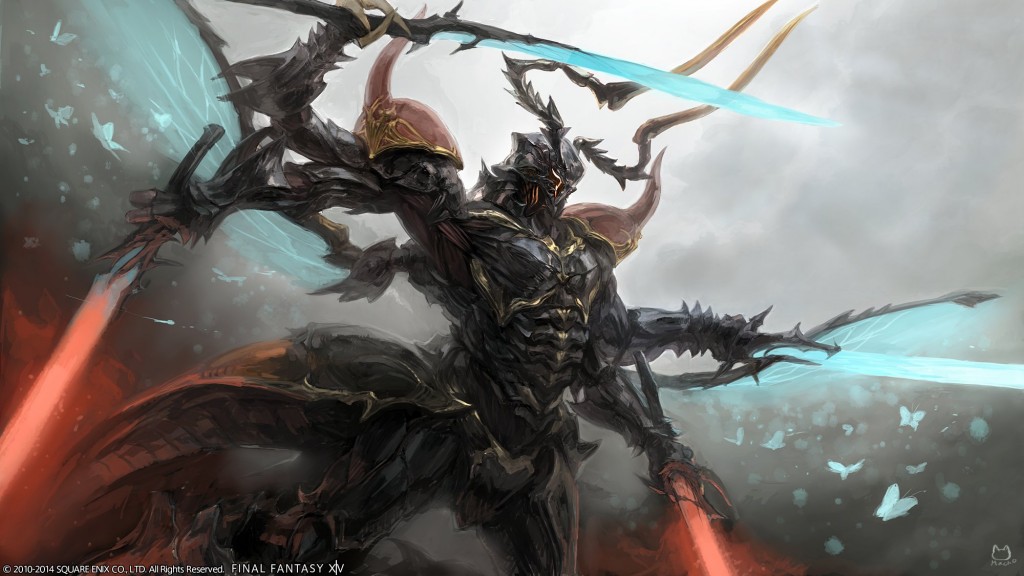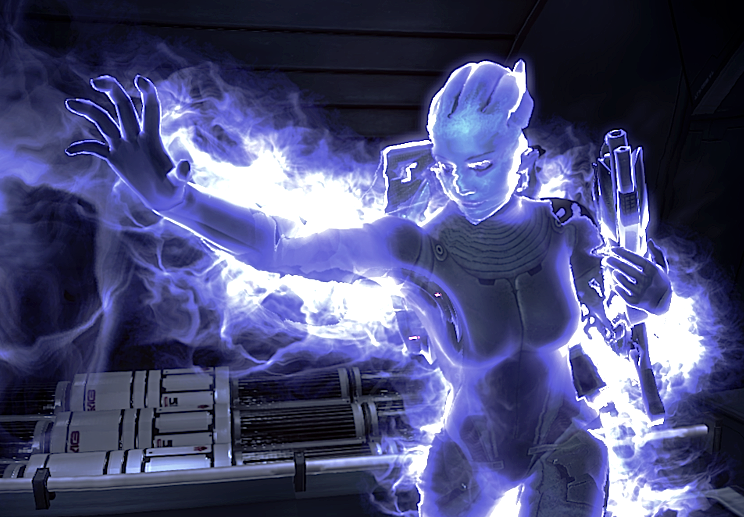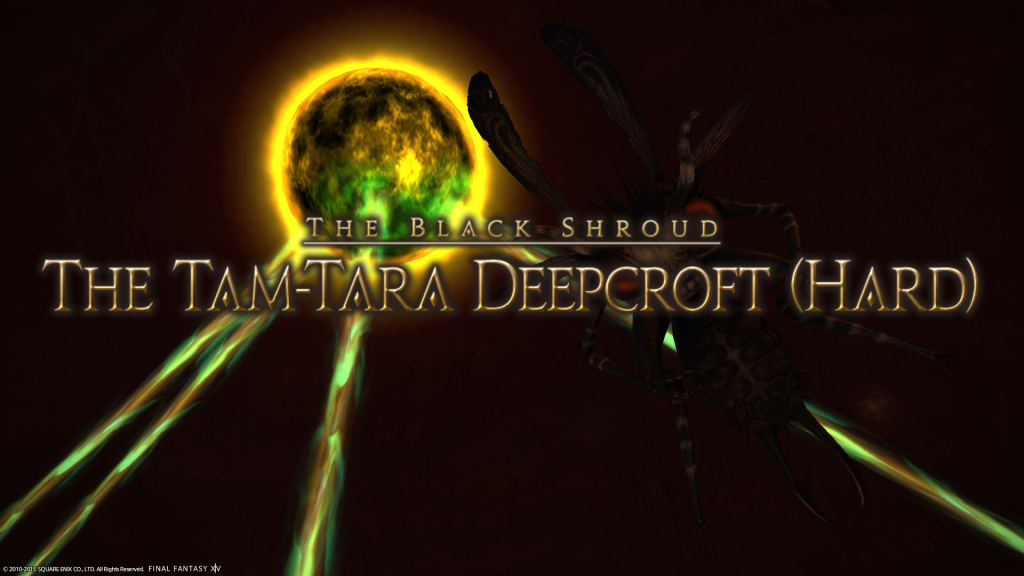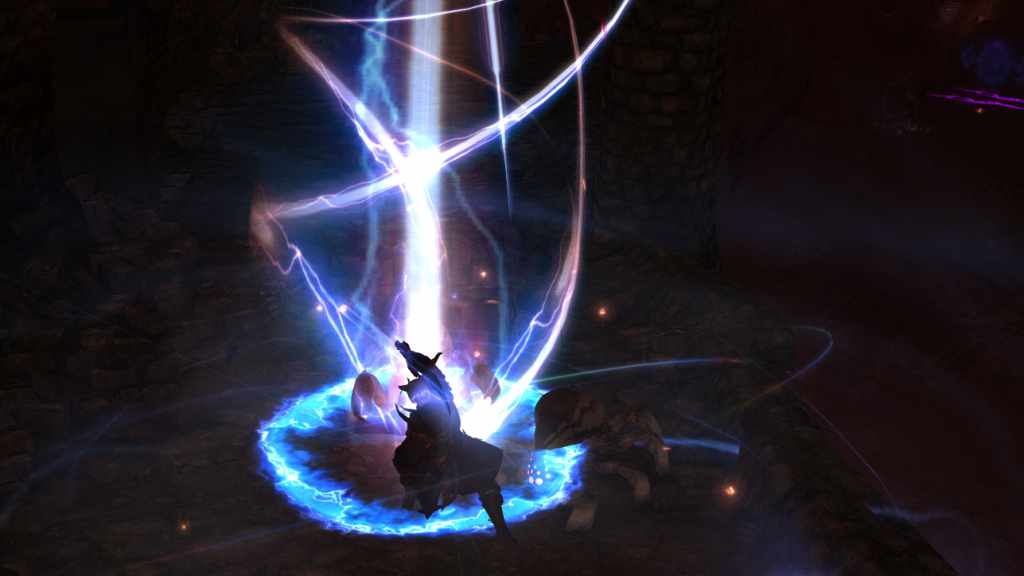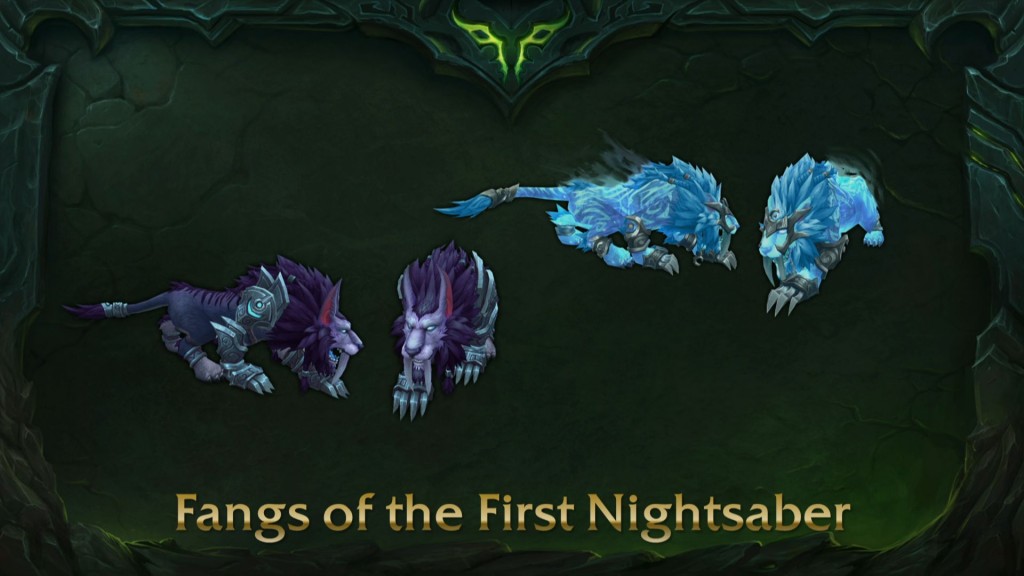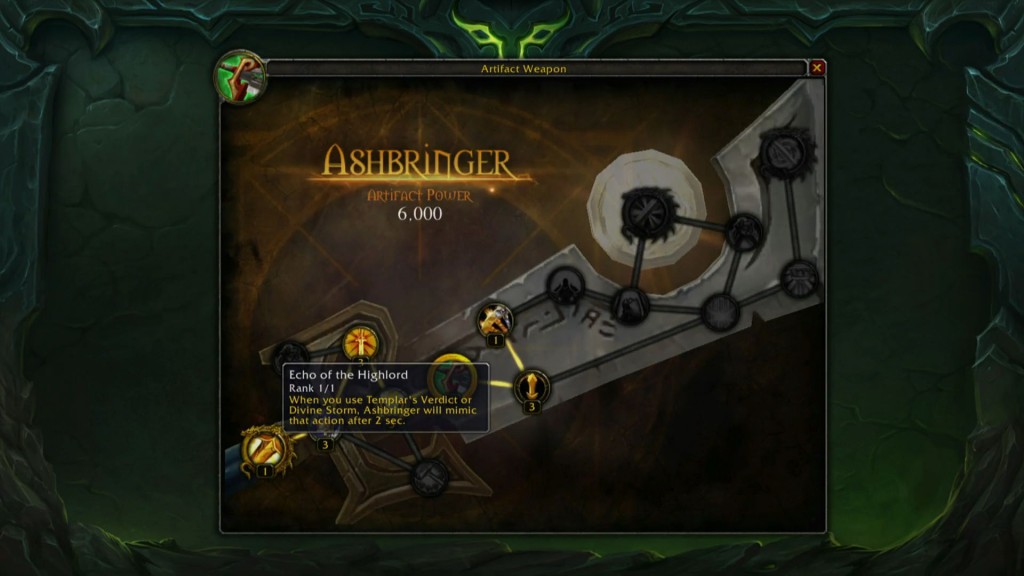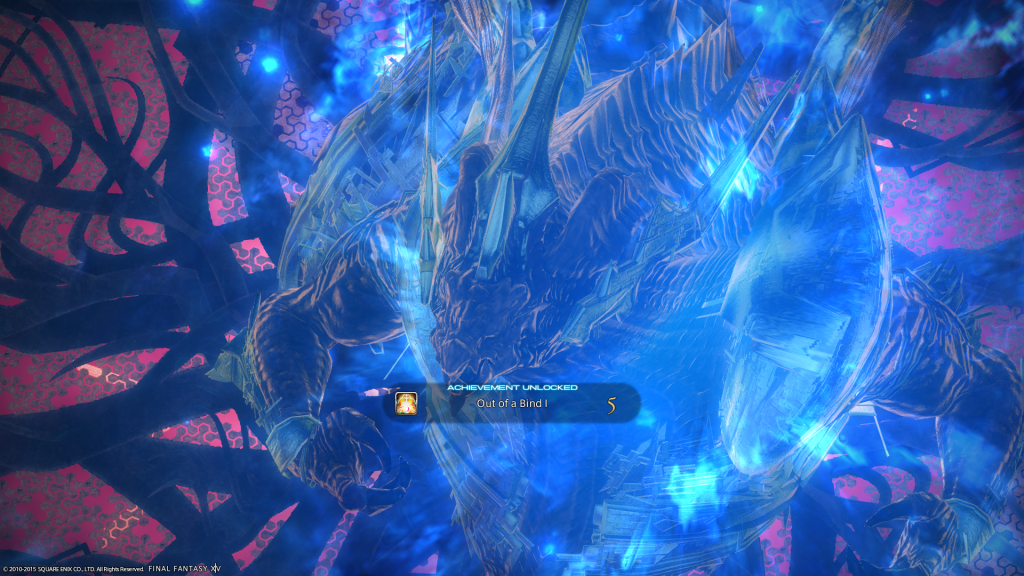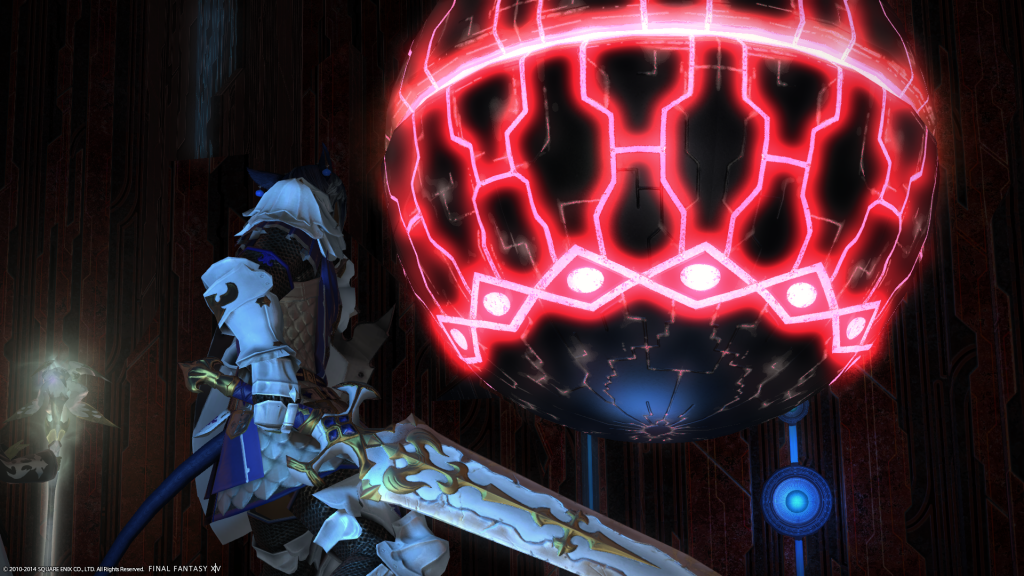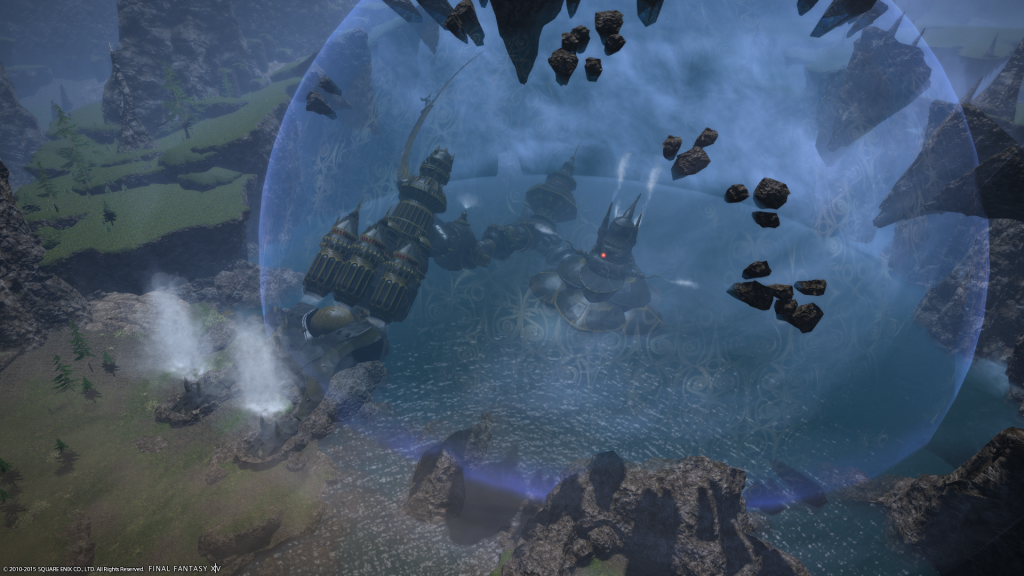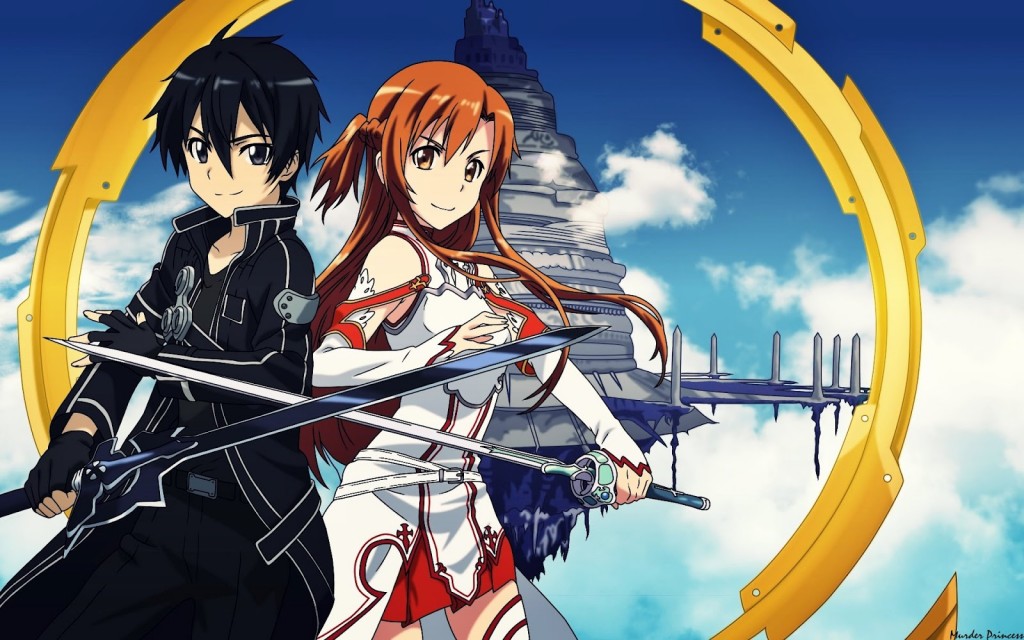Blaugust Post #11
Not too long ago, Tam wrote a post (and a follow-up) about why we should get rid of levels. SAO contains hints of this, mentioning how a level-based system isn’t really fair in PVP contexts, with a subtler hint at the same idea explaining why the second arc doesn’t have levels. In general, I don’t disagree with the arguments presented, but I still think levels are worth keeping.
Progression
It’s possible to have progression without using levels, but I feel that having a level as a symbol of how far you’ve come is more important than any actual increases you get from it. Diablo 3 is a good example of this, as each paragon level doesn’t get you much, but it still feels good to get the level up animation and sound. Skyrim likewise gives you a small power boost as you level, but a large part of your power is based on your skill levels, which might be somewhat far removed from your actual level. (A system was introduced after Dragonborn came out that even lets you reset your skill levels and level indefinitely.) I haven’t played a lot of SAO: Hollow Fragment yet, but it seems to work similarly. (It also has the somewhat ridiculous level cap of 250, and Kirito starts at level 100. These numbers are kind of just there.) Tam kind of dismisses this point, but I feel like it’s relatively important. Even at max level in games with vertical gear progression, you tend to make a different number go up (since both WoW and FF14 tell you your average item level). Admittedly, there’s no “ding” noise for hitting ilevel 170.
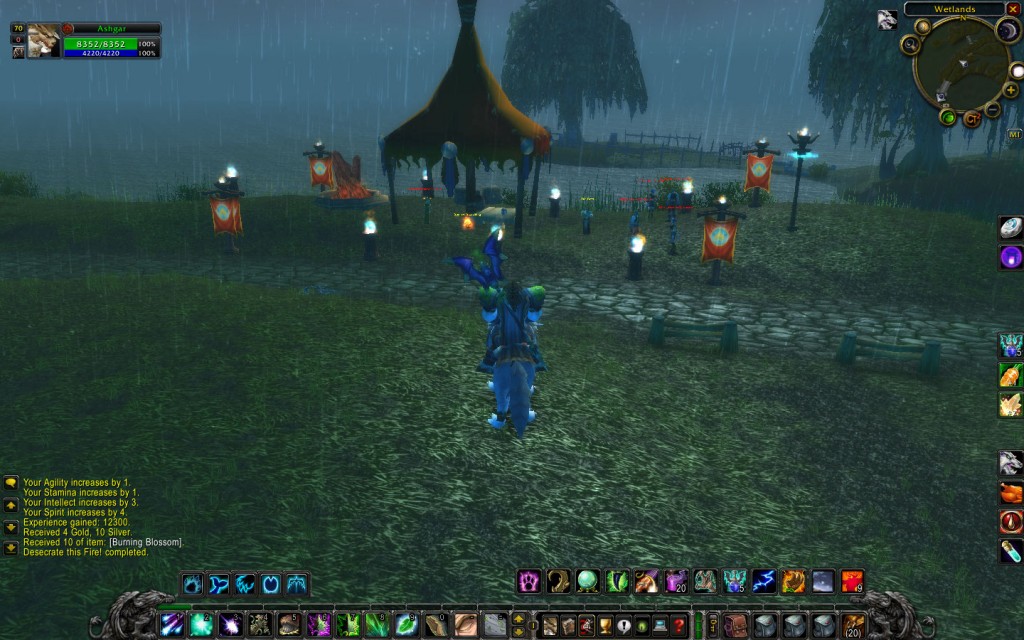
Baby + Bathwater
I think more than that, my problem is that most level-less systems that I’ve seen so far either aren’t (TSW) or are 100 times worse (Destiny), with a few exceptions. EVE seems to have figured this out, but it has the problem of being EVE. TSW claims not to have levels, but that’s a big fat lie, as your power is 90% based on your talisman levels. If the big skill wheel was all there was, that game could still be compelling, but they felt the need to add a power gating mechanism on top of it. Contrast this with Guild Wars (the first one), which had actual levels, but intended you to hit the level cap (20) about a third of the way through the campaign. The bulk of your time is spent acquiring additional options, especially Elite Skills, which had to be acquired from bosses out in the world. It’s not a level-less system, but it acts like one, and I find it one of the better examples of such.
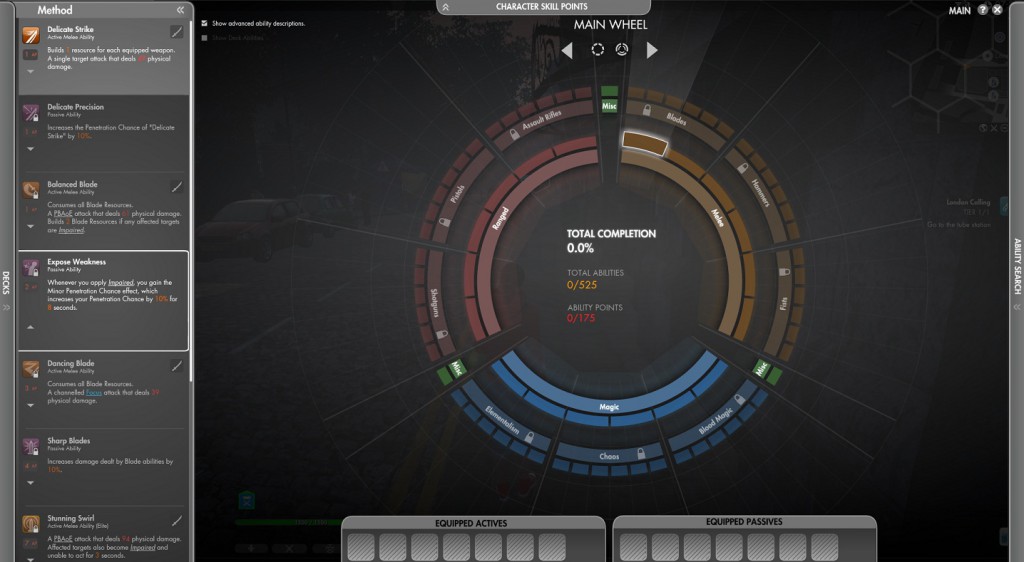
Destiny tried to be like Guild Wars, but is structured more like WoW or FF14. The story is enough to take you to about level 20, and you have “light levels” after that. Most options for getting additional light relied on random drops, and your light level still restricted what you could do, so this ended up being worse in almost all cases than having normal levels. Bungie seems to agree, and is going to normal levels with their first real expansion. Most systems I’ve seen so far that attempt to gate power in a way that isn’t related to level don’t actually fix any of the problems Tam outlined. As a consumer of games and not a designer, levels are easy to understand and mostly work, so I think I’ll stick with them. Changes have to do better than “mostly work”, and so far I can’t think of any that have.

